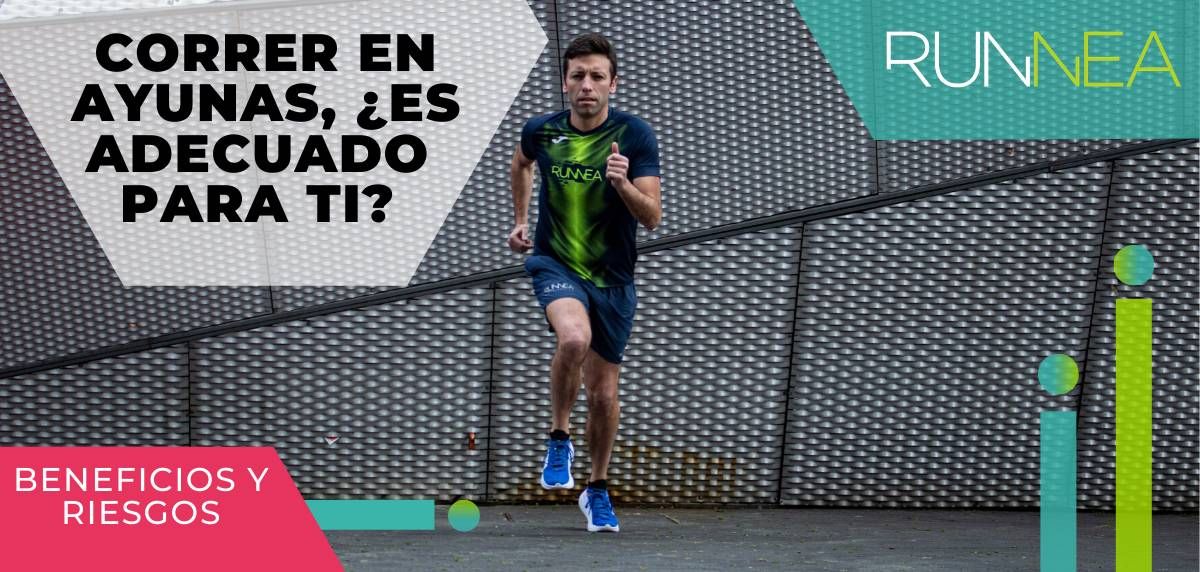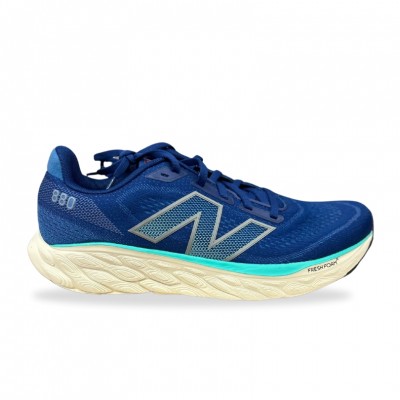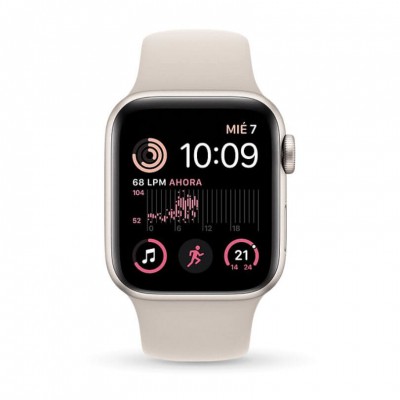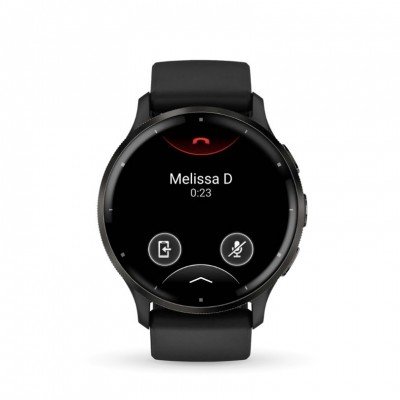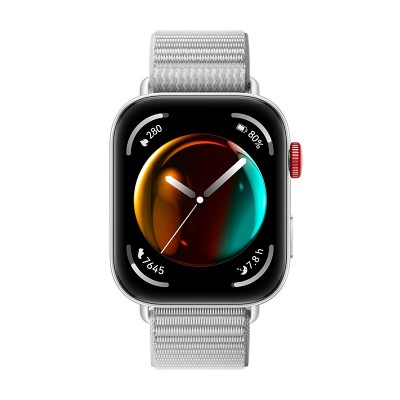Fasting running: we tell you if it is suitable for you or not. With the help and advice of Ana Polo, dietitian-nutritionist specialized in sports nutrition, and Iker Muñoz, Runnea's sports director, we will analyze the benefits and contraindications of fasting in popular runners.

First of all it is necessary to clarify some concepts, differentiate what is running fasting from intermittent fasting. " Intermittent fasting is the VOLUNTARY absence of food. Normally intermittent fasting methods are 12 or 16 hours of fasting," clarifies Ana Polo. Different from intermittent fasting is training with empty glycogen deposits, "in this type of training it is not necessary not to eat, the only thing you have to do is to keep the glycogen deposits low, therefore, just doing a carbohydrate fast would be enough," says the dietician-nutritionist. The latter is a good option to prepare for competitions that exceed 3 hours, since it favors the metabolism of fats.
Running on an empty stomach: benefits and contraindications
" Intermittent fasting has numerous benefits. Among them, it reduces the risk of coronary heart disease as it improves the lipid profile and reduces triglycerides in the blood. It also helps improve insulin sensitivity and reduces insulin resistance, so if you have problems with blood sugar levels, it will help improve them," says Ana. A practice that also promotes fat loss by retaining muscle mass due to the caloric deficit it entails, "the improvement of the immune system has been studied when fasting", concludes the dietician-nutritionist.

If we really do "pure" training while fasting and keep exercising at a low intensity, "the main benefit will be a greater capacity to oxidize fats," says Iker. In other words, we will consume more fat and our body will be more efficient in using it as fuel during the race, which will delay fatigue (at submaximal intensities).
The benefit that a popular runner can have through this training can be interesting, but we will always have to weigh the benefits and risks of this training, not everyone has to do it systematically, you have to think a lot about when and why, warns the sports director.

On the other hand, "fasting is not recommended for people who have had problems with food. Also in people who want to gain weight, in insulin-dependent people and pregnant women," says Ana. As we always defend from Runnea, taking care of your diet and betting on a balance between training and rest will be essential to make the most of our favorite sport.
How long to run on an empty stomach?
One of the great unknowns surrounding fasting among athletes. "It is difficult to answer this, different variables influence. It is true that it will depend on our experience in this type of training and a progression in the duration of the sessions, without having ingested anything in the previous 8-10 hours, is very important," says Iker Muñoz. In turn, the duration will be determined by the intensity of the exercise, which is why it is very important for it to be of low intensity (especially for less experienced runners).

Pulling fat
"A minimum of 20 minutes of activity (either walking or running) will be necessary to increase the availability of fats as the main energy source. This time may vary depending on our level of training, the more trained we are the less time it will take to mobilize the fat deposits we have," says the Runnea Sports Director.
"As a maximum time, it is difficult to determine since highly trained athletes can exercise for hours on an empty stomach. However, we don't have to generalize this as they are highly trained and need new stimuli to improve. A period of 40-45 minutes could be a reasonable target over 3 weeks," Iker points out, alluding to the individual character of each athlete and the need to adapt this training profile to each athlete's conditions.
What should I eat after fasting after running?
After running it is important to follow the 3 rule: Rehydrate, Replenish glycogen and Repair tissues, says Ana. Drinking the fluid lost in training in the form of water or a recovery shake would be a very good option to speed up the recovery process.

Afterwards, "we should take a recovery shake, either commercial or homemade, with carbohydrates to replenish the glycogen stores we have lost in training and then with protein to recover the damaged tissues," says the dietician-nutritionist, alluding to the need to stock up on food in liquid or solid form. "An example of something solid and liquid would be toast with hummus and orange juice. Otherwise a smoothie with milk, yogurt, banana and dates may also be an option."
It is important to point out, once again, that to be healthy it is essential to have a good diet according to the needs of each runner, "there is no point in fasting if in the feeding window we consume junk food," says Ana emphatically.
- You may be interested in: Why should you drink a protein recovery shake after running?
Can fasting benefit the athlete and their performance?
"Fasting is very beneficial but well used. If you are aiming for moderate duration events, fasting would be inadvisable close to competition because our goal is to have a good glycemic metabolism. On the other hand, in pre-season it would be a good tool to facilitate body recomposition", warns Ana. Iker Muñoz, for his part, strongly advises against this type of training for inexperienced runners who are not familiar with this method.

"To do fasting training and maximize the benefits and minimize possible problems , it will be necessary to be well directed," says the sports director of Runnea. A simile that also translates into the importance of training in an individualized and targeted way, basic pillars defended by Runnea Academy training plans.
What to eat the night before fasting?

"In the dinner before a fast it would be interesting to introduce carbohydrates if the next day we are going to train, so that our muscle glycogen stores are full and we can complete the training without difficulty," explains Ana giving as an example a warm salad with potato, hard-boiled egg, mozzarella and walnuts. A simple and delicious recipe for the hottest days ahead, right, runners?
Start running on an empty stomach
There are many benefits of training on an empty stomach; however, it is not a recommended method for all runners and athletes. Fasting can improve the athlete's performance but it is necessary that training and nutrition go hand in hand. Adapting our eating routines and providing our body with the essential nutrients to cope with the different training routines will be vital to achieve a good performance.

As Runnea's Sports Director, Iker Muñoz, points out, running on an empty stomach is not recommended for inexperienced runners who are not familiar with the method, since "to do a fasting training and maximize the benefits and minimize possible problems will be necessary to be well directed".
"If we decide to start running on an empty stomach, and we have never done it before, I would recommend going out with some kind of food (candy, bars, etc.) in case we suffer hypoglycemia, the result of a high initial pace, and we get dizzy. At the same time, the first advice is not to start running, start walking and increase the speed progressively until you start jogging. You can do 20 minutes walking and then 10 minutes jogging," advises Iker Muñoz to those runners who are considering trying the fasting training method.
In short, running on an empty stomach can be beneficial or entail risks, depending on the experience and sporting career of the runner in question. Of course, if in doubt, consult with a specialist and avoid risks will be fundamental to continue enjoying our favorite sport runneantes.
Read more news about: Running News
